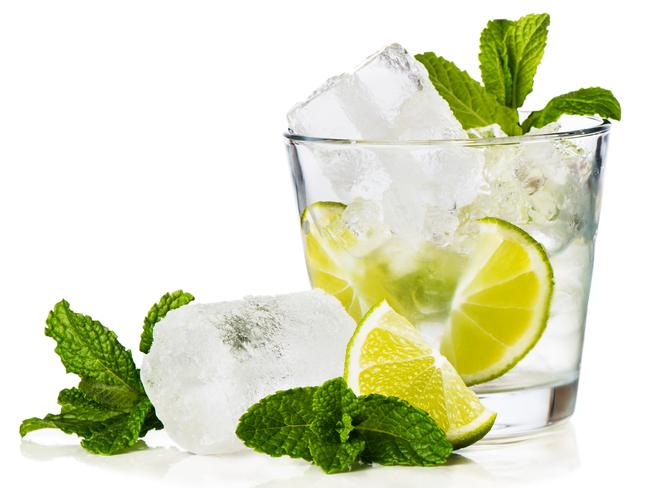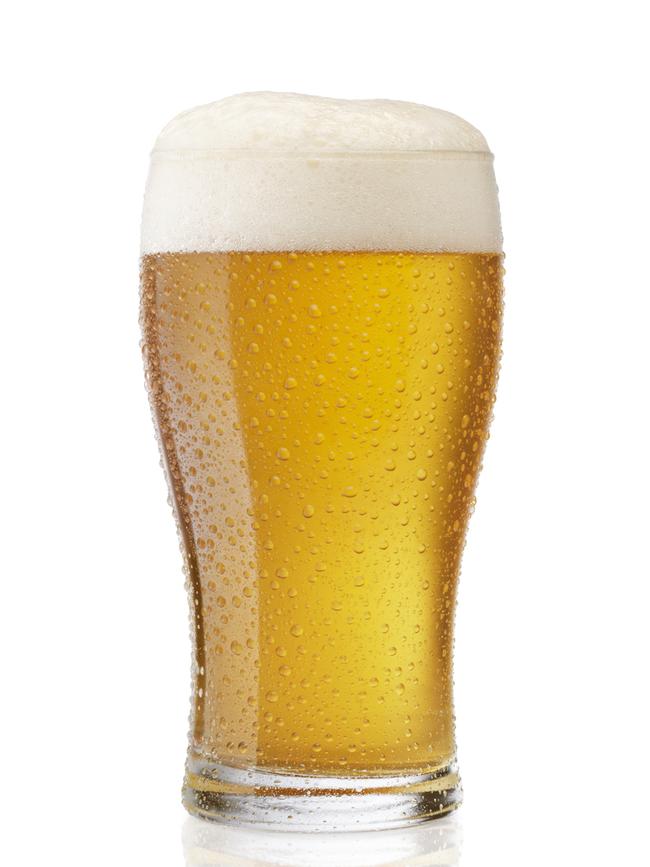Can you avoid, or cure, hangovers?
Is there really anything we can do to reduce the pain of the morning after a big night?

It’s hard to avoid hangovers, particularly at this time of year and, as we all know, they’re not pleasant.
Fatigue, dehydration, headache or muscle aches, dizziness, shakiness and a rapid heartbeat are symptoms that three-quarters of us experience at least some of the time after drinking, according to a study published in the journal Addiction.
The misery persists for an average 6½ hours, with one in eight people admitting their most recent hangover had lasted more than a half-day, according to a survey by Cancer Research UK.
So what really causes us to feel so bad after drinking? And, more important, what if anything can we do to reduce the pain? The answer from scientists seems to be not as much as we would hope.
Despite what supplement and health tonic manufacturers would like us to believe, there is no cure for a hangover.
“That’s because we are still not entirely sure precisely what causes the hangover,” says Sean Johnson, a researcher into alcohol and its effects at the University of the West of England in Bristol and a member of the Alcohol Hangover Research Group.
“Researchers have ideas that are currently being tested but we do not yet have a firm understanding of what happens in the body between consuming alcohol and waking up feeling like crap.”
What scientists do know is that when we drink our blood becomes concentrated with alcohol and the higher the concentration of alcohol the worse the symptoms to follow later.
According to Johnson, hangover severity is worse when blood alcohol concentration reaches zero, which usually occurs 12 to 14 hours after you stop drinking. That is because, although the alcohol has left the system, the toxins left behind are at their peak.
“A hangover is the result of toxic substances such as acetaldehyde that are products of alcohol metabolism, and they contribute to us feeling sweaty and nauseous,” says Sally Adams, assistant professor of health psychology at the University of Bath and another member of the AHRG panel.
“These are most concentrated after 12 to 14 hours.”
A surge of other chemicals is also involved in causing hangover symptoms.
“Alcohol initially produces an increase in the feel-good neurotransmitter dopamine. So you feel great at first. But there follows an immune response that triggers an elevated level of cytokines — inflammatory proteins that can cause you to feel hot, flushed and queasy,” Johnson says.

Your choice of drink also will play a role in determining the severity of your hangover. High levels of compounds associated with fermentation, called congeners, are linked to worse hangovers.
More of these are found in dark spirits such as bourbon and whisky than in light-coloured drinks such as gin and vodka.
Apart from swapping to lighter-coloured drinks, is there anything else we can do to avoid the worst of the post-party pain?
In 2015 scientists from Australia’s CSIRO suggested that consuming 220ml of Korean (also known as Asian) pear juice before drinking alcohol could reduce blood alcohol levels by 20 per cent and cut hangover suffering.
This particular variety of pear is said to act on the key enzymes involved in alcohol metabolism to help the body to eliminate alcohol more quickly.
“Reductions were seen in blood acetaldehyde levels, the toxic metabolite thought to be responsible for the hangover symptoms, with pear-juice consumption,” the CSIRO team noted. Overall hangover severity, as measured by a 14-item hangover-symptom scale, was significantly reduced in the Korean-pear group compared with those who took a placebo drink.
Alternatively, you could try increasing your intake of asparagus.
A 2009 study in The Journal of Food Science showed the amino acids and minerals in asparagus extract might alleviate hangovers and protect liver cells against toxins.
While these pre-binge measures may help, a bloody mary afterwards will not, say experts. Attempting to treat a hangover with yet more alcohol is a lost cause, says Laura Veach, a researcher at Wake Forest School of Medicine in North Carolina. She says a hair of the dog the morning after may temporarily ease your suffering because it tops up the alcohol in your system.
“But it doesn’t cure the hangover,” Veach says. “It just sort of tricks you by masking the symptoms. They’re going to show up eventually.”
There is also bad news for older drinkers because, yes, hangovers do really get worse with time. That is because, as we age, our tendons and cartilage lose fluid, which means we retain less water. And the less fluid we have in our bodies, the less capable we are of diluting alcohol, which means any alcohol consumed is more concentrated and therefore more potent.
Menopausal women also are likely to suffer worse hangover symptoms for this reason, according to Liz Earle, a wellbeing expert and author of The Good Menopause Guide.
“During the perimenopause and beyond, the body’s water content is reduced, so any alcohol consumed is concentrated,” she says.

Johnson says there are scientific reasons for the link. “Both alcohol and the menopause elicit an immune response and both produce elevated levels of cytokines … that are responsible for similar symptoms, such as hot flushes,” he says. “In combination, alcohol plus the menopause could provide a double blow to the body, with the increased responses amplifying many menopausal symptoms, such as sleeplessness and fatigue.”
Whatever our age, our genes also have an effect on how bad a hangover will be. Which explains why some suffer more than others.
“We all respond differently to alcohol, with some more sensitive than others,” Johnson says.
“Some people are super-metabolisers of alcohol, meaning they experience less hangover effects. Others experience side effects after very little.”
Will drinking a glass of water before bed prevent a hangover?
Unfortunately not, say experts. Although dehydration will play a part in your hangover, there is no science confirming it alone is responsible for your symptoms.
“A hangover is more than just dehydration,” says Adams.
“After heavy alcohol consumption we see inflammation of the stomach and intestines, and an imbalance of electrolyte or body salt. Together these contribute to the symptoms, and a glass of water won’t resolve them.”
In recent years several hangover remedies have emerged on the market, some containing the herbal compound dihydromyricetin, shown in studies to sober up rats immediately, but all purporting to lessen the agony of a post-drink binge. Do they work?
They may help alleviate some symptoms, such as dehydration and loss of body salts in some people, says Johnson, but none will accelerate full recovery.
“Nothing has been shown to help people overcome the impairments that are the factors of a hangover,” Johnson says.
Ultimately, trial and error is the best way to find out what works for you after a night on the tiles.
“Some people will find they respond to electrolyte drinks, others to painkillers and a banana, and you will need rest and recovery,” Johnson says. “Then it is just a matter of waiting for alcohol to leave your system and normality to resume.”
The Times



To join the conversation, please log in. Don't have an account? Register
Join the conversation, you are commenting as Logout